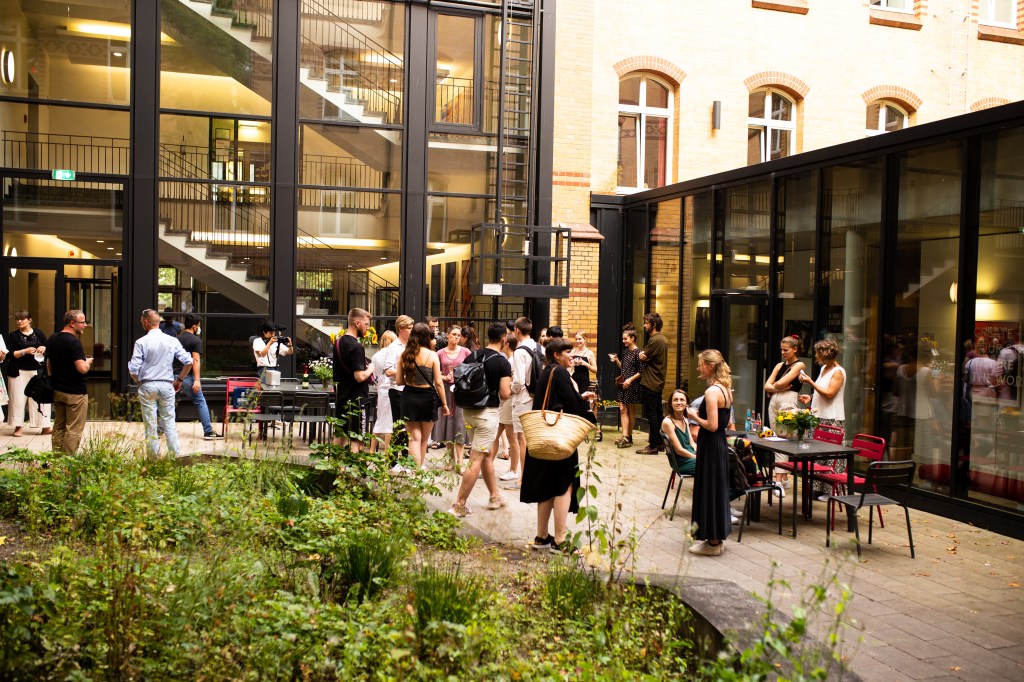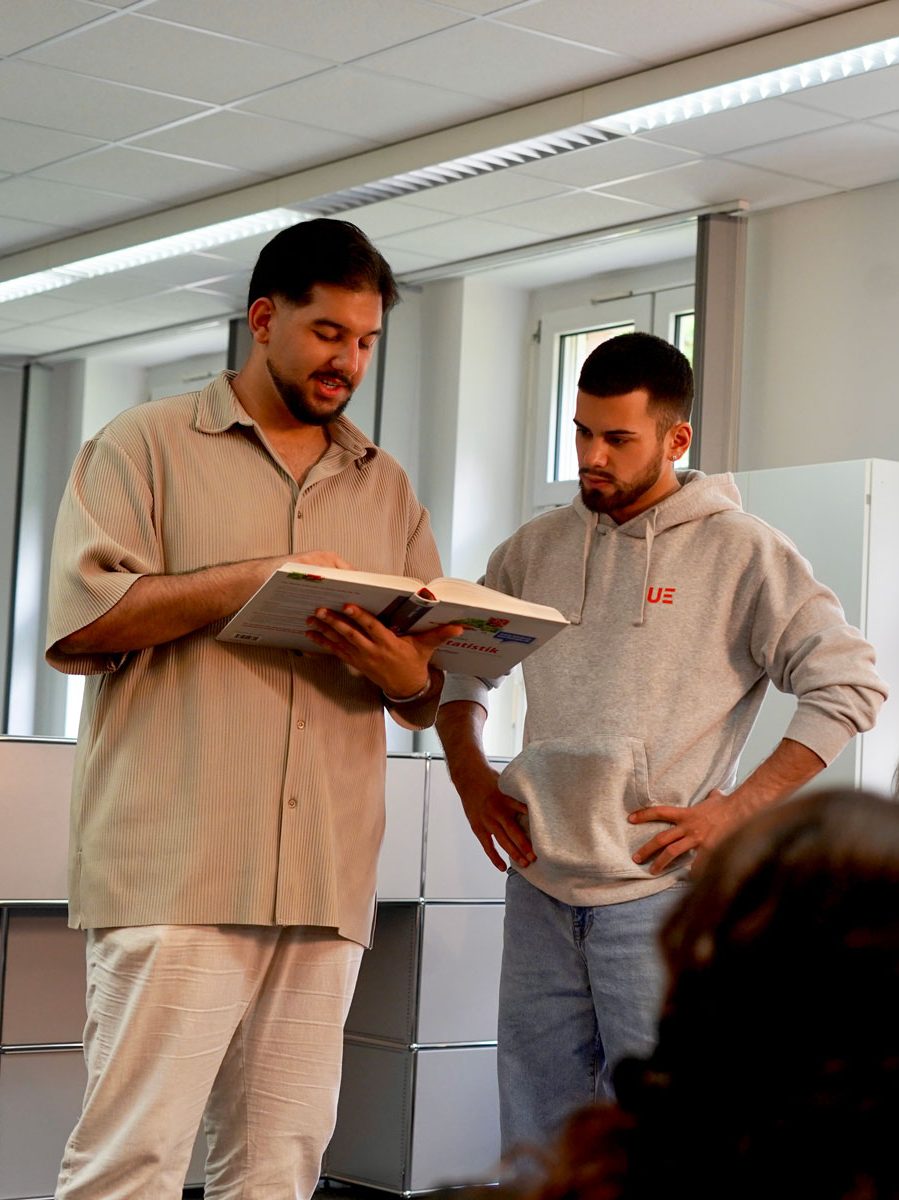
At times as a parent, it can feel as if you are the one pursuing higher education. With so many things to think about and prepare for, it is easy to get overwhelmed.
Whether it’s advising your child on the most suitable programme, how to secure accommodation for the academic year or how to finance their studies, this study guide for parents will answer your most burning questions and provide parenting tips for academic support.
So, if you want to offer parental involvement in higher education but don’t know how, learn how to answer the most difficult questions today to give your child the best chance of success.
7 questions for parents to study
We have created a study guide for parents to ensure your child gets the advice they need in making the big decision to study at university. Whether studying in a new country, a new city or at your local university, it is just as important to be prepared.
Here are some of the most common study-related questions that every parent should be able to answer.


- What subjects are available?
Today, you can find a degree programme for almost any interest. From Business & Sport and Healthcare & Psychology to Art & Design and Tech & Software, you can easily find a subject that matches your child’s career ambitions and interests.
2. How do you find the right programme with your child?
Like parenting, the right answer to this question can be subjective. However, to best answer this, you should ask yourself some important questions.
- What are your child’s strengths and interests?
- What type of degree is most suitable for your child’s career ambitions?
- How expensive will the programme be?
- What type of university environment and location would suit your child?
Figuring out these questions alongside visiting university open days, researching universities and programme content, planning for the future and keeping a flexible mindset to a wide range of options is a healthy way to find the most suitable programme with your child.
It’s important to note that however invested you may be in your child’s education and future, the decision is theirs to make. Supporting them in making this decision is key for parental involvement in higher education.
3. What career opportunities does a degree offer?
This question is important to consider when choosing the right programme with your child as the type of degree will offer different career opportunities.
The two main levels of degree are bachelor’s and master’s degrees.
A typical bachelor’s degree takes three to four years to complete, and many roles require a bachelor’s degree in any field, so, it can open the door to various careers.
A master’s degree is a specialist degree, one higher than the undergraduate level, which typically lasts for one to two years. Master’s degrees focus on a specific field which is good for students with clear career ambitions.
4. Where are the programmes offered?
Perhaps your child is unsure where to pursue their degree, or do they have their heart set on studying in a vibrant, student-friendly city like Berlin or Hamburg?
The location of the programme is a key influencer in choosing a university. Some universities have campuses in multiple locations in one country or internationally, so if your child has selected a programme, double-check where it is delivered.
5. How is the study financed?
Finances can sometimes be a roadblock to higher education. It is important to research and understand how your child is expected to finance their studies as every university and degree is different.
Once you have shortlisted the programmes your child is interested in, look into the amount your child must pay and how it is collected. Most programmes will be priced annually, so you know how much you’ll have to pay per year.
You should also consider exploring financial aid options such as public and private scholarships or grants. Most universities offer a range of scholarships and various ways to save on tuition fees.
6. How can you secure accommodation for your child?
Accommodation is usually the most significant expense for international students and those living away from home. There are a few options for student accommodation, including student dormitories, shared apartments and private accommodation.
As a parent, you can seek support from the university’s student services team who can advise you and your child on the accommodation options and how to proceed.
7. Does your child need insurance during their studies?
If your child is interested in pursuing higher education abroad, travel/health insurance is a necessity, and is often a requirement for international students to be accepted onto a programme at a university abroad.
Again, the university’s student services team will be best placed to assist you with any questions or concerns you may have with insurance for your child.

Study in Germany!
One final tip is to discover the possibilities of studying in Germany. With a global reputation for academic excellence, an unrivalled student experience and diverse opportunities for graduates, Germany is one of the most popular study destinations in the world.
That’s why over 450,000 international students choose to pursue their higher education in Germany at universities like the University of Europe for Applied Sciences (UE).
UE is an innovative, future-thinking institution with a student body representing over 100 nationalities across five campuses in Berlin, Potsdam, Hamburg, Iserlohn and Dubai. UE offers a variety of accredited programmes designed to take your child’s career to the next level.
FAQs
How can I help my child choose the right university degree?
Parental involvement in higher education can be crucial to ensure your child feels comfortable with studying at university. You can carry out research into the different universities and programmes and join your child on open days, as well as being open and transparent.
What should we consider when selecting a degree programme?
There are many things to consider when selecting a degree programme, including the subject and area of interest, type of degree and accreditation, the university’s reputation and location, accommodation, cost of education and career opportunities the programme offers.
What career opportunities will my child have after graduation?
The career opportunities after completing a degree depend on the programme and degree level. Graduates will extend their career opportunities by gaining a degree in any field, but some companies may prefer those with a postgraduate degree for more senior roles. Career opportunities after graduation also depend on experience, with many programmes embedding industry placements and real-world exposure into the curriculum.
What financial aspects should I consider when my child is applying for university?
Private universities offering specialised programmes require tuition fees in Germany, so it is important to check how much each year of the programme will cost. There are also other fees to consider when enrolling as well as accommodation costs, commuting costs and insurance if your child is studying abroad.